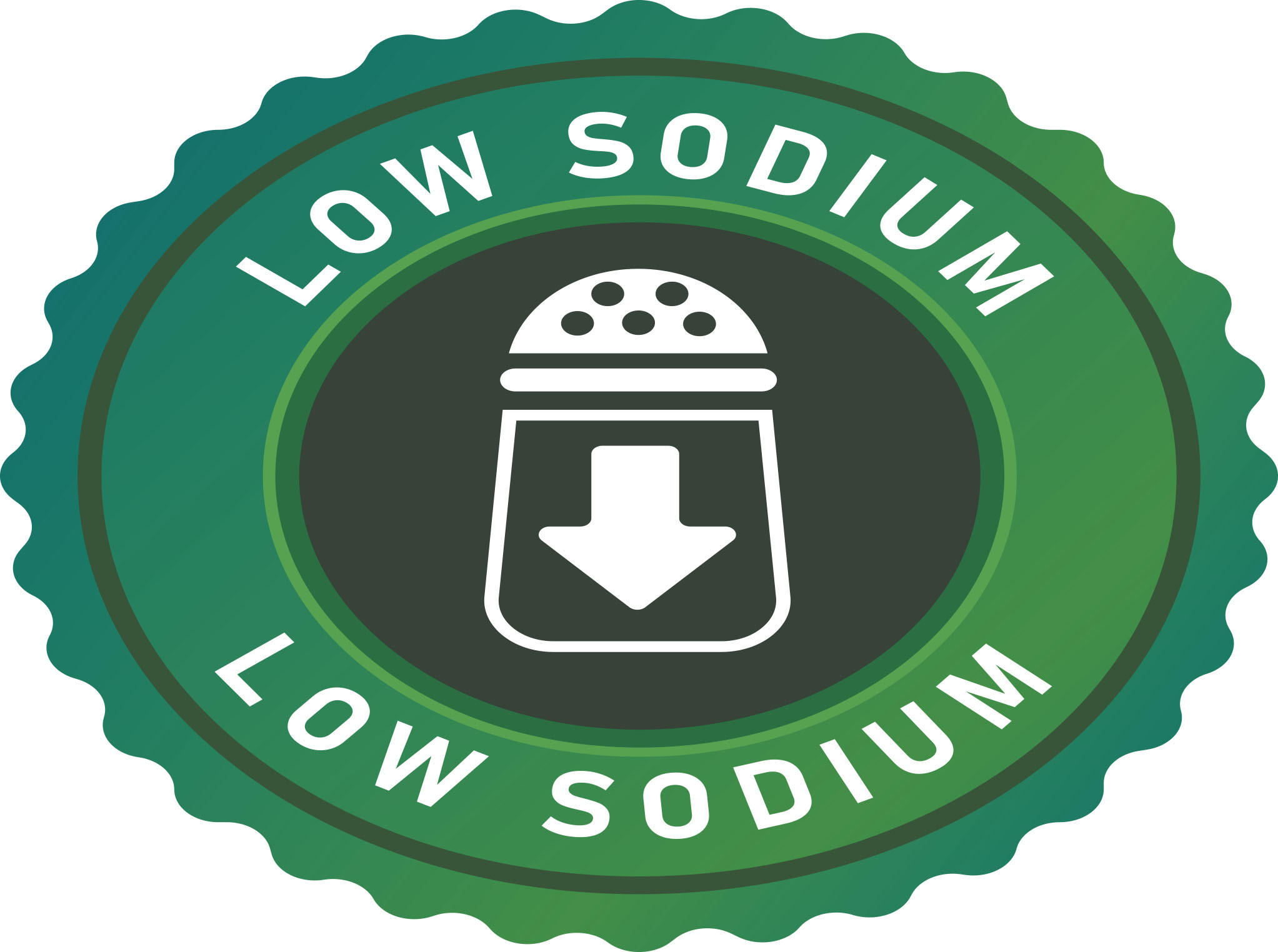Salt substitute associated with lower rates of stroke, death
News briefs

Ditching salt and using a salt substitute appears to lower the risk for stroke, heart attack, and premature death, according to a large randomized trial of Chinese men and women published online Aug. 29, 2021, by The New England Journal of Medicine. Researchers recruited about 21,000 older adults for the study, most with a history of stroke and high blood pressure. Half of the participants were assigned to use regular salt (sodium chloride) in their food preparation at home, and half to use a salt substitute (75% sodium chloride and 25% potassium chloride). After five years, people who used the salt substitute had a 14% lower risk of stroke, a 13% lower risk of heart attack, and a 12% lower risk of early death, compared with people who used regular salt. Much of the sodium in our diet comes from sodium-laden processed foods rather than sprinkled-on salt. Besides reducing those foods, this study suggests that using a salt substitute instead of salt makes sense. And don't forget the option of using a completely different spice to improve the taste of food — such as rosemary, oregano, cumin, or dill. If you do eat processed food, take note: on Oct. 13, 2021, the FDA issued voluntary rules for food manufacturers to cut salt in processed foods with the goal of reducing consumers' overall sodium intake by 400 milligrams (mg) per day.
Image: © akhtiar_zein/Getty Images
About the Author

Heidi Godman, Executive Editor, Harvard Health Letter
Disclaimer:
As a service to our readers, Harvard Health Publishing provides access to our library of archived content. Please note the date of last review or update on all articles.
No content on this site, regardless of date, should ever be used as a substitute for direct medical advice from your doctor or other qualified clinician.
















